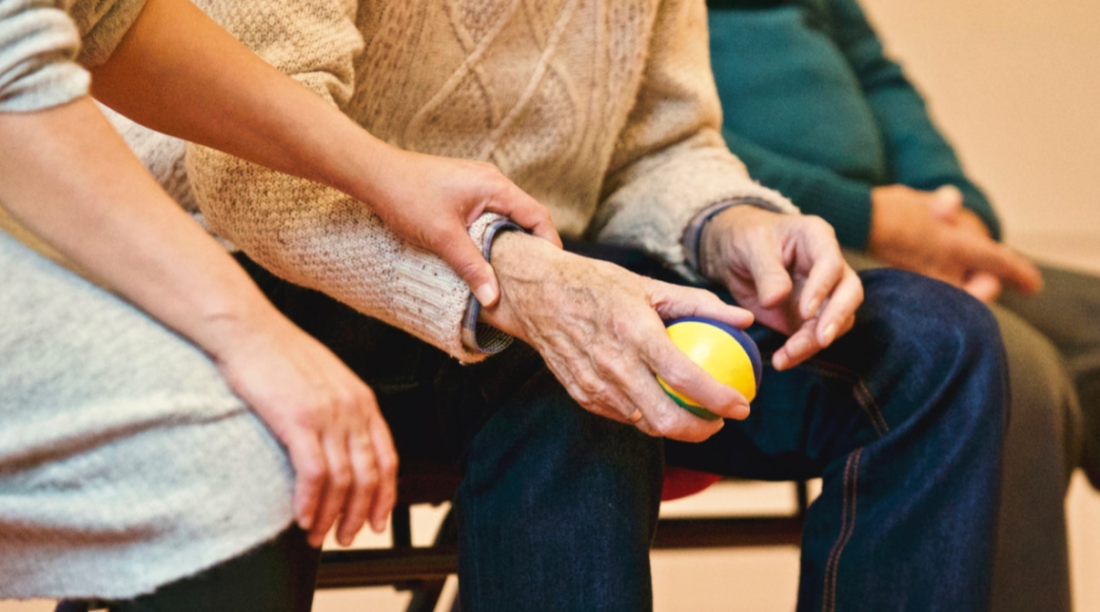Caring for a loved one with a memory-related condition is like finding yourself in a labyrinth. You may take a sharp turn and suddenly forget where you came from, or encounter a dead-end that leaves you feeling lost and unsure.

Specialized memory care services are the guiding threads, the Ariadne of our time, helping families and their loved ones find their way.
Understanding Memory Care
When a loved one is diagnosed with a memory-related ailment, it can be as shocking as it is saddening.
You’re thrown into a world with its own language—neurofibrillary tangles, cortical atrophy, and amyloids—where you’re expected to not only become fluent but to advocate, understand, and, most importantly, care.
Memory care services provide a specialized branch that caters to individuals with Alzheimer’s or other types of dementia.
It’s a kind of holistic care that goes beyond medical treatment and addresses the whole person.
What Makes Memory Care Specialized?
The programs and services provided in a specialized memory care unit differ from other services within assisted living communities.
They focus on creating a routine with daily activities that are structured yet flexible.
The environment within these units is designed to reduce confusion and disorientation, with round-the-clock supervision from staff trained in dementia care.
A Day in the Life of Specialized Memory Care
Residents in a specialized memory care facility start their day with personal assistance for grooming and dressing.
Exercise programs, tailored to their abilities, promote physical health, while cognitive games and life skill tasks keep their minds engaged.
Meals are served family-style, encouraging social interaction. Evenings often feature calming activities to aid with sleep and manage any arising sundowning symptoms.
The Value of a Safe Environment
Creating a safe environment for those with memory loss is paramount.
An individual may wander, make impulsive decisions, or neglect personal hygiene, posing risks to their well-being.
Memory care units are designed with these challenges in mind and employ several strategies to ensure safety.
Safety Features in Memory Care Units
Secure doors and alarmed exits prevent residents from wandering off.
Color-coded hallways and furniture help with wayfinding, and specially trained staff are adept at de-escalating potentially volatile situations.
The goal is to create a space that is as familiar and comfortable as possible for the residents, where their health and safety are the top priorities.
The Dignity of Care
Safety does not come at the expense of dignity.
Even with a tightly woven net of precaution, memory care services strive to maintain an individual’s sense of autonomy and purpose, recognizing them for who they are rather than their illness.
The Role of Technology in Memory Care
Advancements in technology have opened new avenues for enriching the lives of those in memory care.
From enhancing communication to providing novel therapeutic approaches, technology is revolutionizing the field.
Communication and Connection
In an age where connecting is more effortless but sometimes more distant, technology bridges gaps.
Video calls with family members, personalized music playlists, and digital photo albums all serve to maintain and celebrate the connections that bind us.
Innovative Therapies
Virtual reality and sensory stimulation technology offer innovative ways to engage those in memory care.
They can transport individuals to places familiar or new, provide multisensory experiences, and potentially reduce anxiety and depression.
Empowering Families in the Journey
While specialized memory care facilities are there to support individuals with memory loss, they also play a crucial role in empowering families.
Caregiver support groups, educational seminars, and regular updates on their loved one’s well-being are just some of the ways these services help families feel less alone and more informed in their caregiving role.
Education Is Key
Educating families about the nature of the illness, strategies for managing behavior, and the importance of self-care can make a significant difference in their ability to provide support outside the care facility.
Support for Caregivers
Caregivers often find solace and strength in the community of others walking a similar path. Support groups normalize their experiences and provide a forum for sharing tips, resources, and emotional support.



